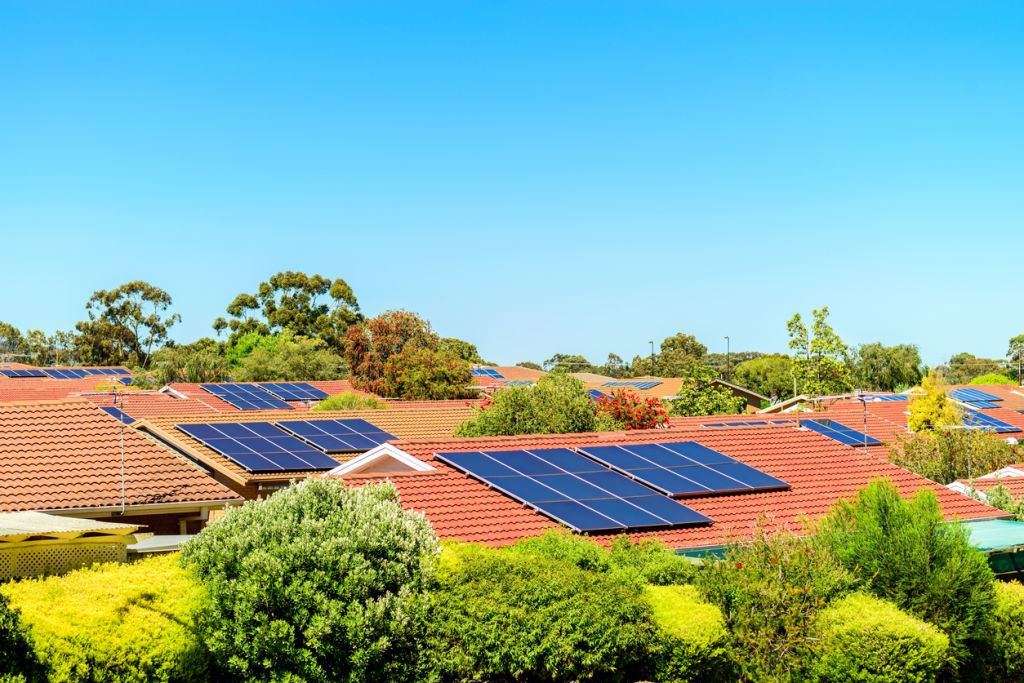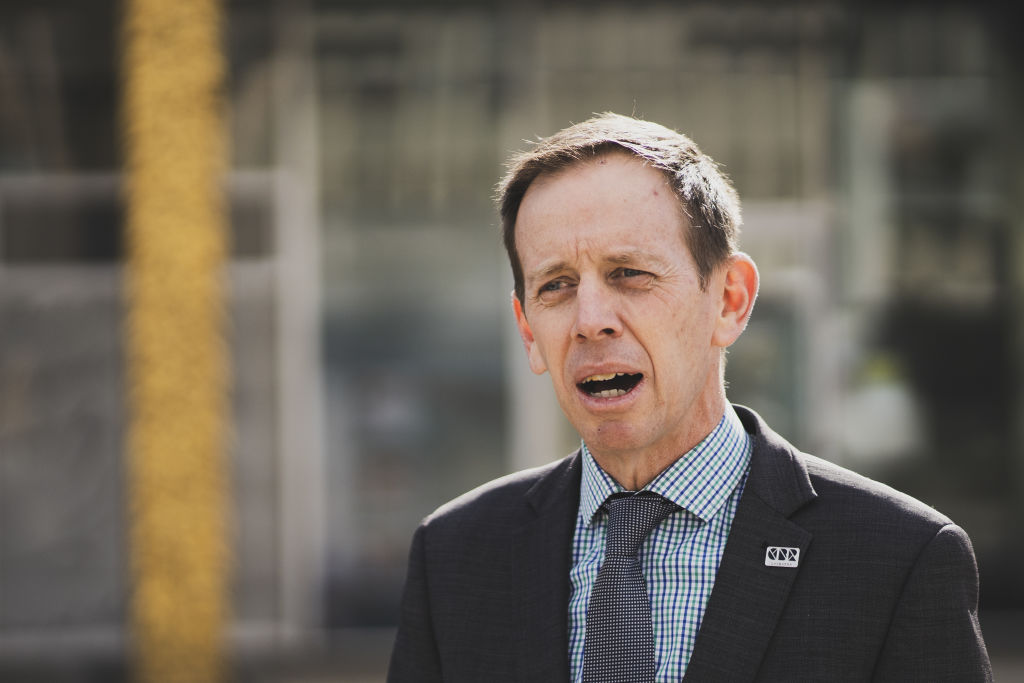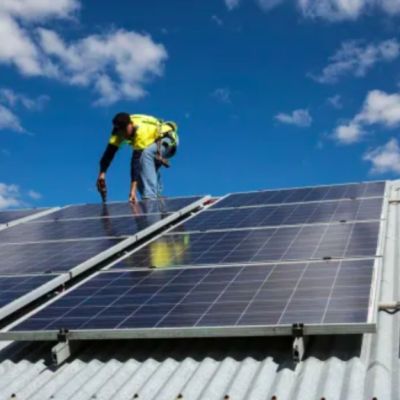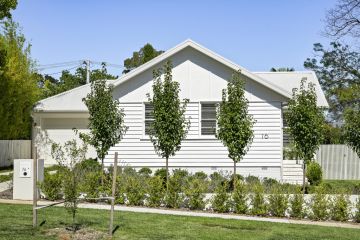Low-income households to receive home energy bill support: ACT government

The ACT government has launched a new initiative, the Home Energy Support Program, in a bid to help low-income families save on their energy bills.
The program represents a $50 million investment over four years. The first stage, which will cost $3.1 million, will provide rebates of up to $2500 to eligible low-income home owner-occupiers to install rooftop solar panels.
By mid-2022, the Home Energy Support Program will expand to include rebates of up to $2500 for energy-efficient programs including heating and cooling systems and hot water heat pumps.
This comes on top of the territory government’s $150 million Sustainable Household Scheme, which was introduced in 2020 and offers Canberrans interest-free loans for roof-top solar panels, household battery storage and hot water heat pumps in a bid to make them more sustainable. The loans of between $2000 and $15,000 are to be repaid over 10 years.

“One of the goals of our climate action strategy is to ensure that all Canberra households benefit from a net-zero emissions future – not just those that can afford it,” ACT chief minister Andrew Barr said.
The program will be used to improve building efficiency and sustainability for social and public housing, low-income owner-occupiers and low-performing rental properties, and offered to Pensioner Concession Card or Department of Veteran Affairs Gold Card holders.
Energy and emissions reduction minister Shane Rattenbury said the program would help Canberrans who need it the most.

“Lower-income households tend to spend a higher proportion of their income on energy and feel the impacts of energy price increases … the most, but these households often cannot afford to purchase energy-efficient measures that will help them lower their costs,” he said.
“The Home Energy Support Program builds on the success of the previous Solar for Low-Income program, which supported over 670 households. On average, these households saved over $1000 on their energy bill per year.”
Households participating in the program can also apply for the Sustainable Household Scheme if they need further support to cover the upfront installation costs.
The sustainable program builds on the territory government’s plans to teach its target of net zero emissions by 2045.
States
Capital Cities
Capital Cities - Rentals
Popular Areas
Allhomes
More









